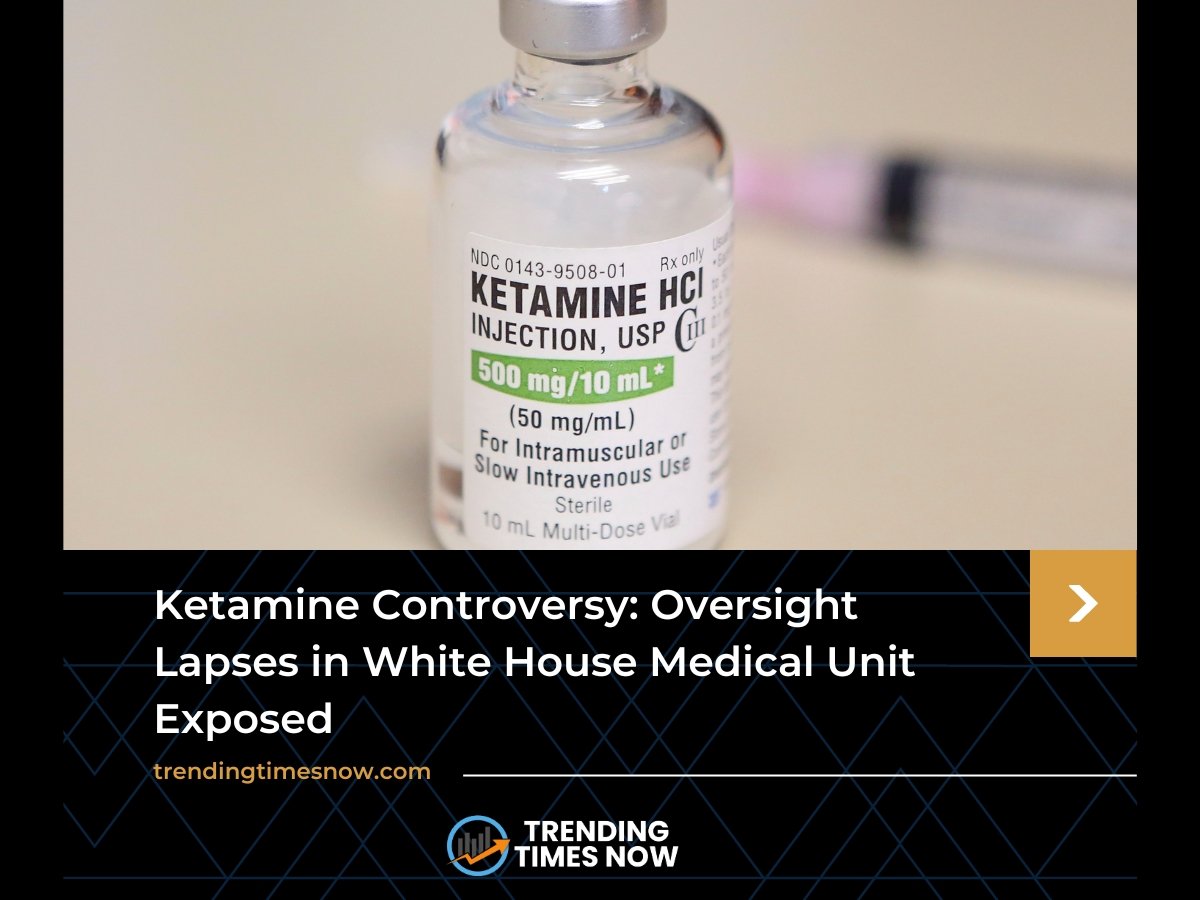In a striking revelation, the White House Medical Unit (WHMU) has been the focus of a recent Department of Defense Inspector General report, highlighting serious lapses in the dispensation of controlled substances, including ketamine, to ineligible White House staff during the Trump administration.
Ineffective Oversight and Unchecked Practices
The investigation, prompted by a spring 2018 IG hotline call, unveiled a pattern of severe and systemic problems within the WHMU. The unit, responsible for the medical care of the president and other senior officials, reportedly handed out medications, including potentially addictive narcotics like oxycodone and morphine, without proper oversight or adherence to regulations. This malpractice extended to providing care and prescriptions to individuals not eligible for services under the military health system.
This is a list of prescription medication that was ordered by the White House Medical Unit over just a 9 month period in 2019.
Thousands of Ambien pills, but more importantly there were 7, yes 7 different orders of either Fentanyl, Morphine, or Ketamine.
Note that this was just… pic.twitter.com/KCC8SfkUz4
— Brian Krassenstein (@krassenstein) January 27, 2024
Risky Medication Handling and Excessive Costs
The WHMU was also found to have dispensed non-emergency controlled medications, such as Ambien and Provigil, without adequately verifying patient identities. Additionally, over-the-counter medications were left in open bins, accessible for unregulated use by staff. The unit’s preference for brand-name drugs over generic equivalents led to substantial financial implications. For instance, an estimated $46,500 was spent on brand-name Ambien over a three-year period, which is significantly more costly than its generic counterpart.
Read: Peter Navarro’s Contempt Conviction: A Consequence of Defying Congressional Authority
Recommendations and Reforms
In response to these findings, the Inspector General made several recommendations, including the development of a pharmaceutical oversight plan for the WHMU. The Department of Defense has concurred with these suggestions, indicating a move towards stricter control and regulation of the unit’s practices.
Implications and Future Directions
These revelations raise critical questions about the accountability and management of the WHMU. The lax practices uncovered not only highlight a disregard for established medical protocols but also pose significant health risks to staff. The unit’s operation outside the bounds of standard medical practice underscores the need for a comprehensive overhaul of its policies and procedures.







